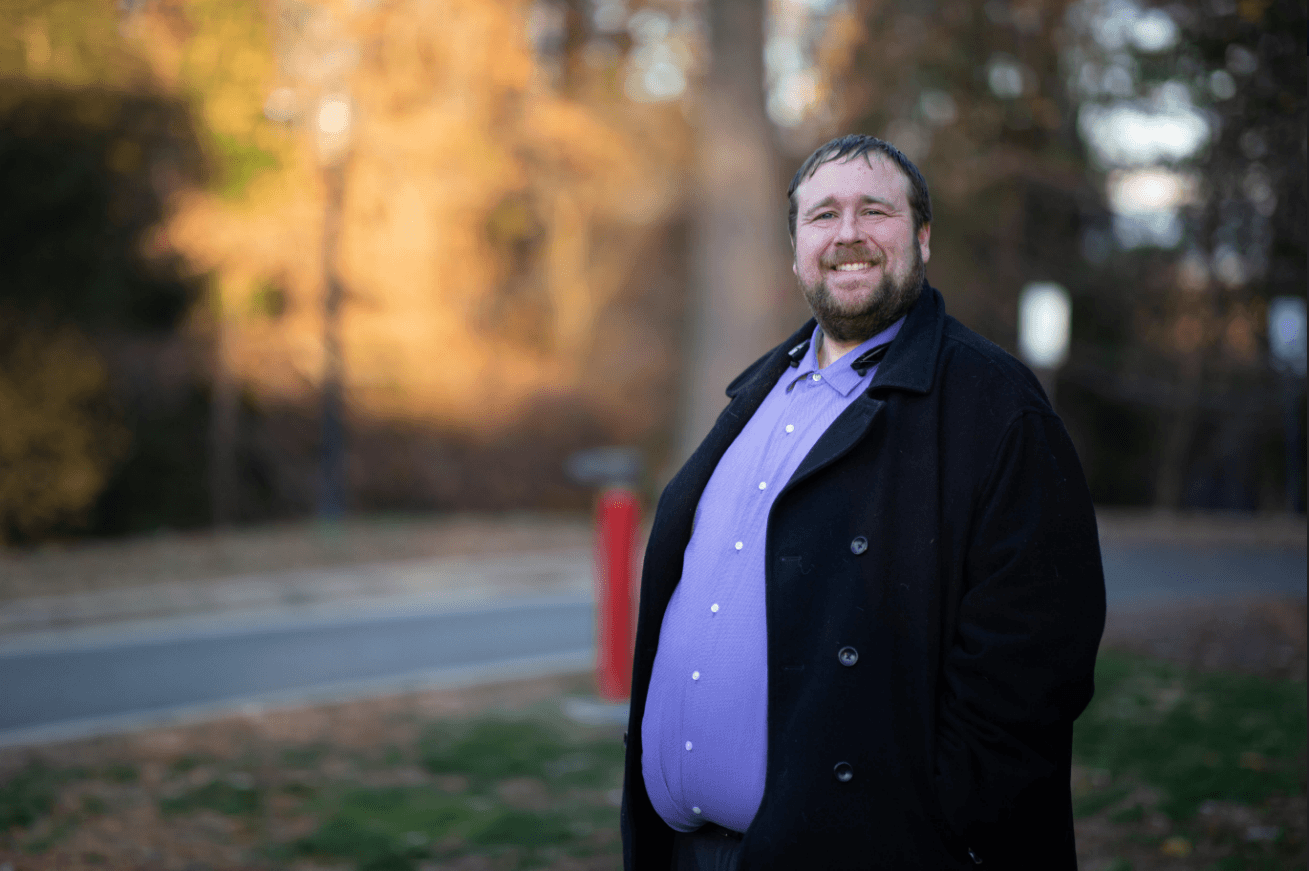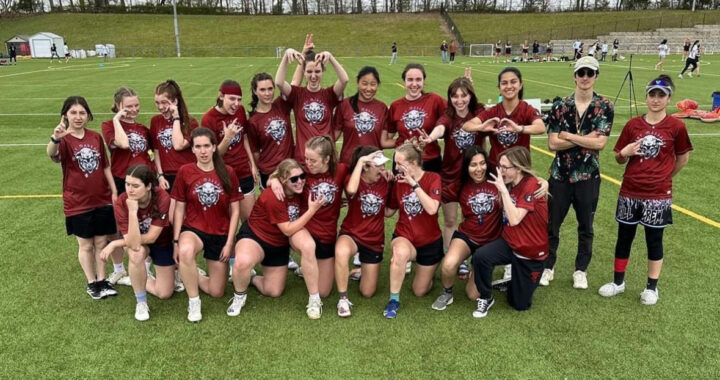Rising number of students at Mary Washington seeking Talley Center services
5 min read
Josh Rios | Blue and Gray Press
By ALEX FRIEDRICH
Senior Writer
According to a Talley Center Data and Trends document, for the 2017-2018 school year, the number of student clients who have gone to the Talley Center for counseling services has increased by 51.6 percent since the 2015-2016 school year. Furthermore, the amount of triage appointments — counseling appointments deemed as being the most serious and thus given priority — increased by 38.2 percent since the 2015-2016 school year as well.
“With college being as stressful as it is, I feel the Talley Center is an extremely important aid for students here at Mary Washington,” said senior history major, Noah Zoroya. “It is vital for people to spread the word that the center’s doors are open to any students who feel that they may need to talk to someone.”
The Talley Center at UMW is not the only on-campus university or college counseling service to experience a rapid increase in student clients. According to an annual 2015 report created by the Center for Collegiate Mental Health, between 2009 and 2015 the national number of college students reaching-out and seeking counseling services increased by about 30 percent on average, while enrollment at these universities or colleges only grew by less than 6 percent. Additionally, according to the Center for Collegiate Mental Health’s 2017 report, anxiety and depression are the most common reasons for students who sought counseling services and are the only apparent reasons that have shown a clear growth in trend over the last 4 years.
To deal with this national spike in college students seeking counseling services, universities and colleges around the country have made large efforts to help support these students when it is needed.
According to a 2018 article from Time titled, “Record Numbers of College Students Are Seeking Treatment for Depression and Anxiety — But Schools Can’t Keep Up,” by Katie Reilly, many universities and colleges around the nation have created ways to address the problem. In March 2017, the University of California, Los Angeles offered its incoming students a free online screening for depression, which resulted in more than 2,700 students opting in for the screening. Pennsylvania State University allocated $700,000 in additional funding for counseling services in 2017. Other universities such as Ohio State University and Virginia Tech, managed to open satellite counseling clinics, as well as hire new mental health clinicians. Furthermore, at several schools, student government leaders have enacted new student fees to direct more funding to counseling centers.
Where these universities have made the effort to address the increasing demand of counseling services, UMW has followed the trend to make counseling services more accessible as well.
According to Dr. Tevya Zukor, the director of the Talley Center for the past three consecutive years, roughly two years ago the Talley Center expanded its offices to its satellite location, Tyler House. The decision for expansion was made in response to the center’s growing demand for staff members, while at the same time facing space constraints in Lee Hall.
Furthermore, understanding the importance of the Talley Center as a vital aid to students, as the Talley Center’s annual spending for resources and office supplies increased, the Talley Center’s annual budget has increased as well.
According to a document from the Budget and Financial Analysis Office at UMW, the total expenditure amount of the Talley Center has increased over the past three years, increasing from $394,530 during the 2015-2016 school year to $550,049 during the 2017-2018 school year. Much of this increased spending resulted in the hiring of new staff members at the Talley Center. However, to match this increase in spending, the annual budget of the Talley Center has increased as well. The budget has increased from $432,660 for the 2015-2016 school year to $546,250 for the 2017-2018 school year.
While the Talley Center’s annual spending has increased for the past three years, the university has maintained an effort to protect the center’s budget and not reduce it.
“I have a deep appreciation for the university’s understanding [pertaining to the importance of mental health],” said Zukor. “My understanding of this is that, over the last few years, in particular, we are one of the only departments [at UMW] not to see some level of budget cuts.”
Nationally, while there are many reasons as to why more college students around the country are reaching out for counseling services, Zukor largely believes this spike is related to the progress society has made toward mental health.
“I think what is happening not only here at UMW but nationally as well is that people are making serious progress toward reducing the social stigma of mental health, so people are much more open when seeking [counseling for] mental health,” said Zukor. “What we found here is that so many students have [previously] sought counseling for mental health before they started college.”
According to the aforementioned Talley Center Data and Trends document, 75.8 percent of clients with the Talley Center have had prior counseling experiences. This is an increase to the center’s amount of clients that have had prior counseling experiences for the 2014-2015 school year, which stood at 63.8 percent.
The most common symptoms students face when going to the Talley Center are anxiety and depression. Often these two symptoms go hand in hand. According to the Talley Center Data and Trends document, 48.4 percent of clients have taken medication for a mental health condition before coming to the Talley Center for counseling services. This stands 14.2 percent points higher than the national average of students who have taken psychiatric medication before seeking counseling services, which stands at 34.2 percent.
This is not the only statistical category that stands higher than the national average. In regard to student clients at the Talley Center who have previously engaged in some form of self-injurious behavior, 42.9 percent of clients have done so for the 2017-2018 school year, which stands 15.9 percent points higher than the national average.
Considering the increase in students seeking counseling services nationally, Dr. Zukor believes it is important for universities and colleges to keep increasing the effort in making counseling centers more of a priority.
“The more we de-stigmatize mental health and the more we support mental health, the better it is for our population; the better it is for our students,” said Zukor. “I always think that all universities, [UMW] included, could make mental health more of a priority in the extent of more clinicians, more counselors, allow more people to be seen, and [have these clients] not have to wait as long for services.”
According to Catherine Smith, a licensed professional counselor who has been with the Talley Center since 2013, a further increase in UMW’s funding of the Talley Center would be more helpful to everyone.
“Having more clinicians that correspond to the amount of clients we see would be very beneficial,” said Smith.
“It is important to spread the word of this service to other students in case people need support when going through something that is hard in their life,” said senior history major Andrew Snead. “Something the Talley Center can do to help with their outreach is to take advantage of social media and express that they will accept literally anyone who feels they need [counseling services].”
“A couple years ago, a friend of mine, who was actually a student here at UMW, passed away,” said Zoroya. “It was extremely comforting to me, however, to know that UMW had the Talley Center and that I could book an appointment there if I ever needed to do so.”











